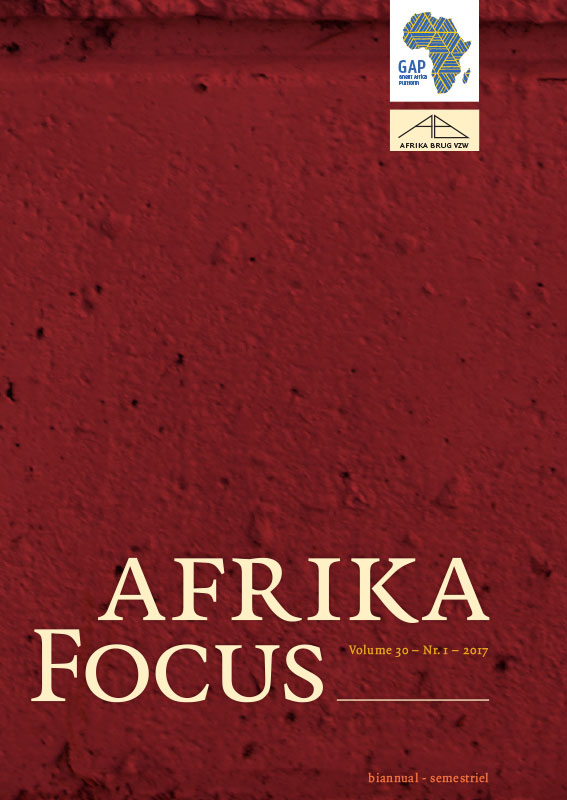Ethnicity, voting and the promises of the independence movement in Mwanza, Tanzania
DOI:
https://doi.org/10.21825/af.v30i1.4988Abstract
This report explores influences of ethnicity on determining voters’ choices in Tanzania. It questions the dominant neo-patrimonial and hybrid approaches to African politics, which argue that primordial (traditional) ways of organising politics inform ethnic voting. This study deviates from ethnic structure theorists arguing that outcomes of elections are determined by the ability of ethnic groups to form minimum winning coalitions (MWCs). Instead, it looks at the ideational structure of nationalisation, driven mainly by the promises of the independence movement (PsIM). The movement created an experiential and discursive framework that emphasises depoliticisation of ethnicity, peacefulness and national unity as ‘Tanzanian’ national values. The frame is intact despite Tanzania’s ethnic diversity and liberal socio-economic as well as political reforms it has undergone overtime. The report critically divulges this capacity to build a political organisation encompassing the political leaders, ideals of the independence movement and the people in informing voters’ choices. Key words: ethnicity, neo-patrimonialism, hybrid regimes, promises of independence and votingDownloads
Published
How to Cite
Issue
Section
License
Authors who publish with this journal agree to the following terms
Authors retain copyright and grant the journal right of first publication with the work simultaneously licensed under a Creative Commons Attribution License that allows others to share the work with an acknowledgement of the work's authorship and initial publication in this journal.
Authors are able to enter into separate, additional contractual arrangements for the non-exclusive distribution of the journal's published version of the work (e.g., post it to an institutional repository or publish it in a book), with an acknowledgement of its initial publication in this journal.
Authors are permitted and encouraged to post their work online (e.g., in institutional repositories or on their website) prior to and during the submission process, as it can lead to productive exchanges, as well as earlier and greater citation of published work (See The Effect of Open Access).


